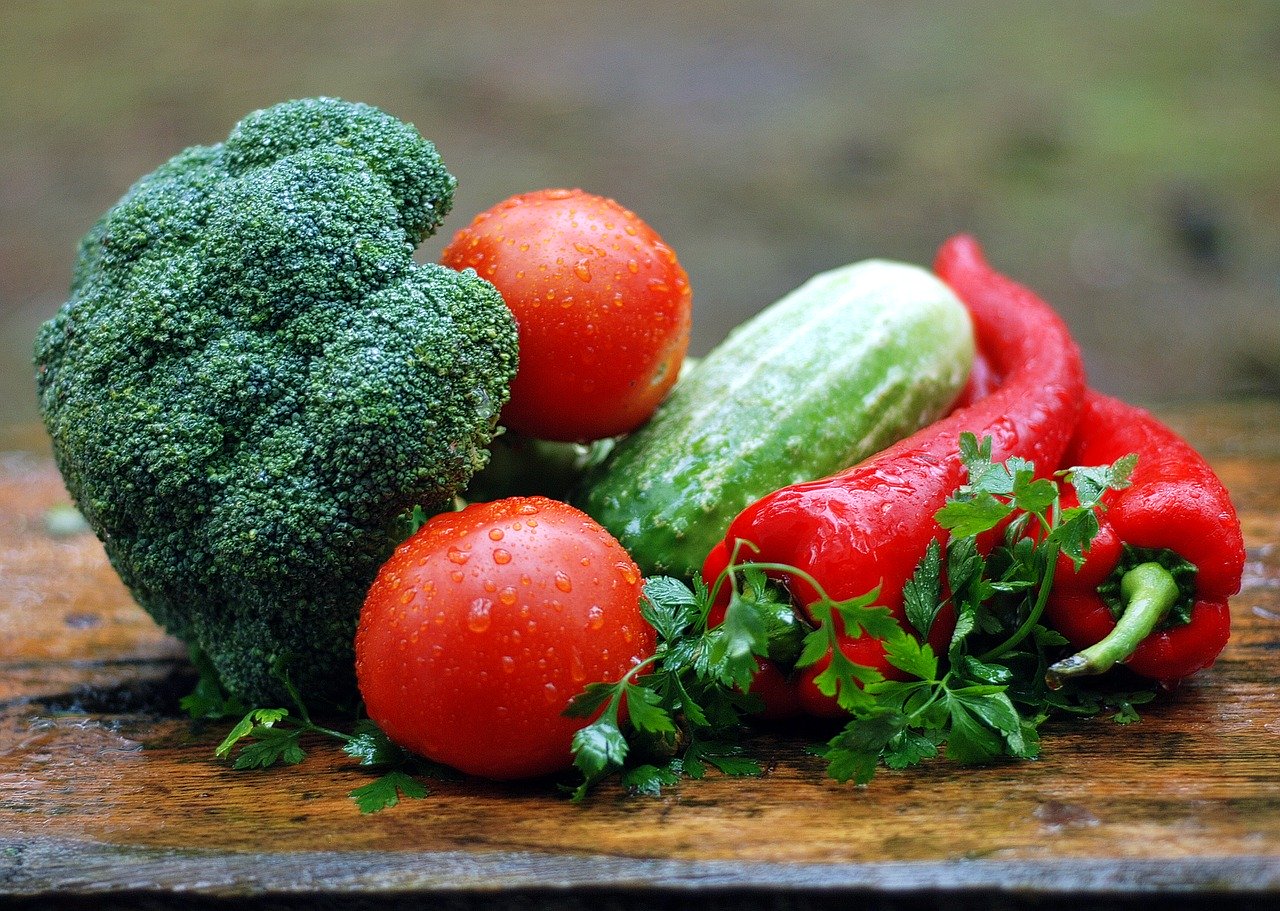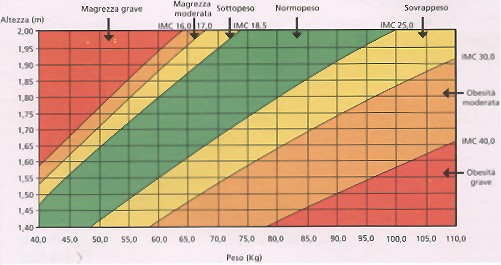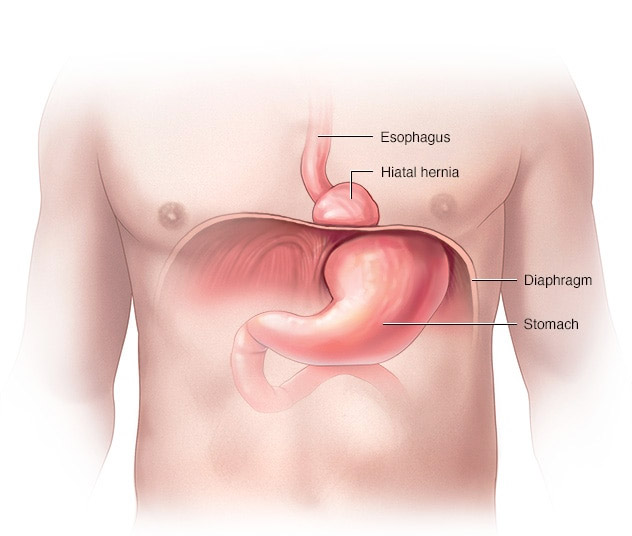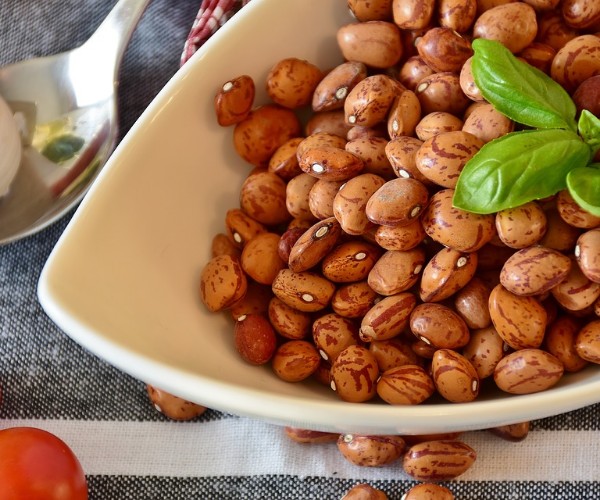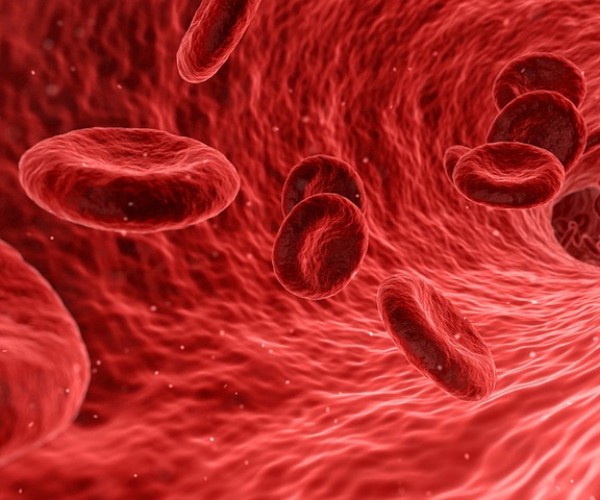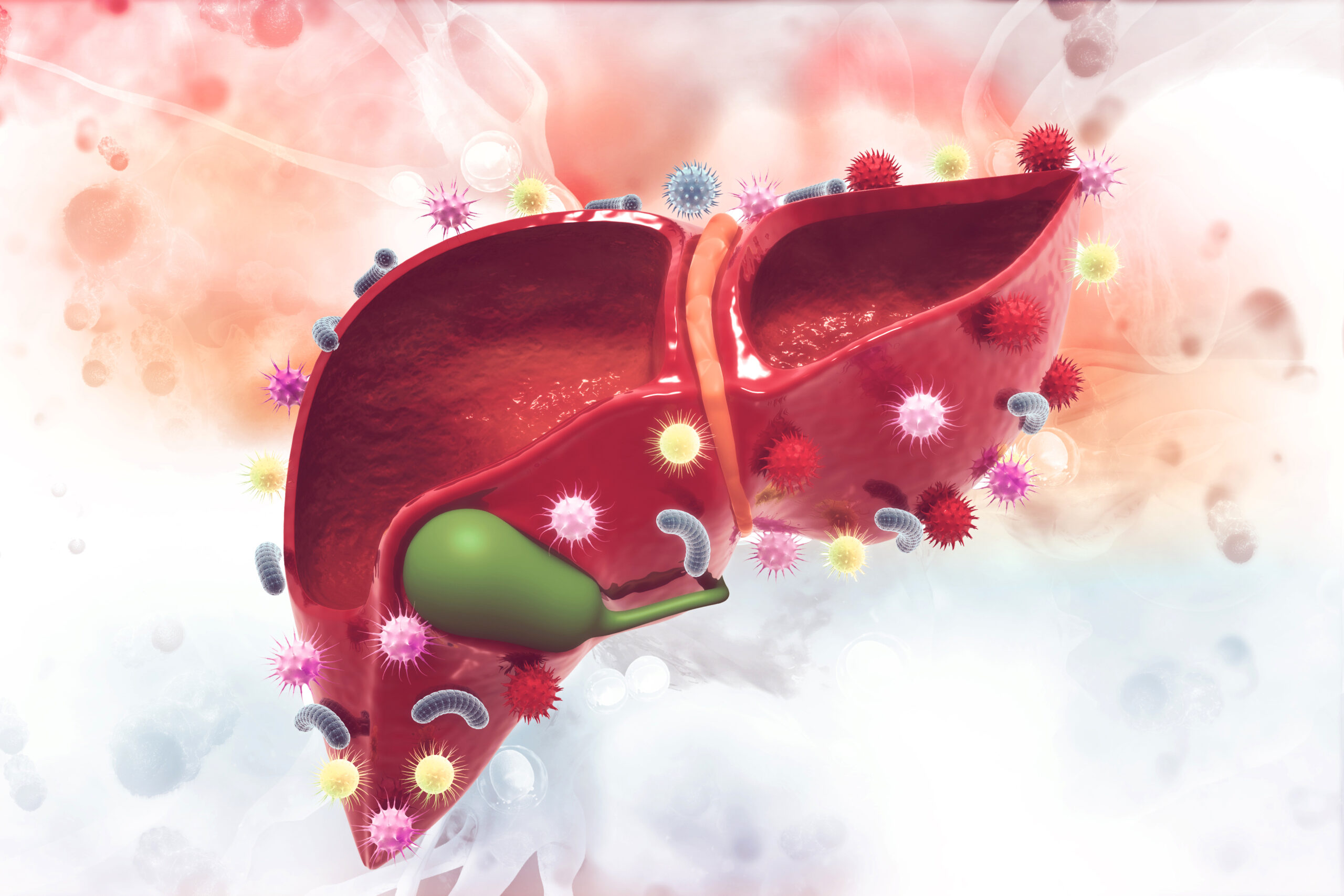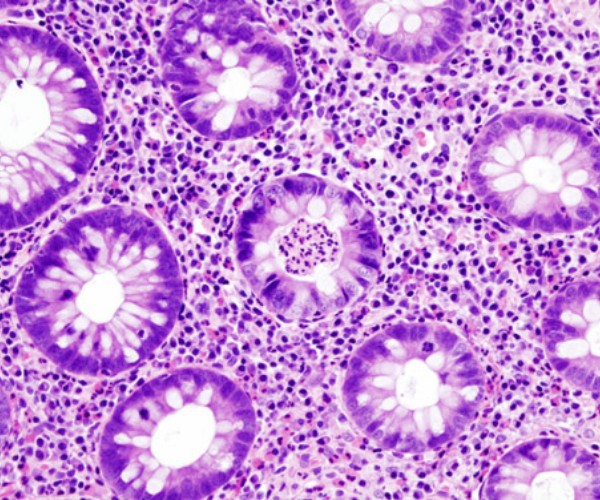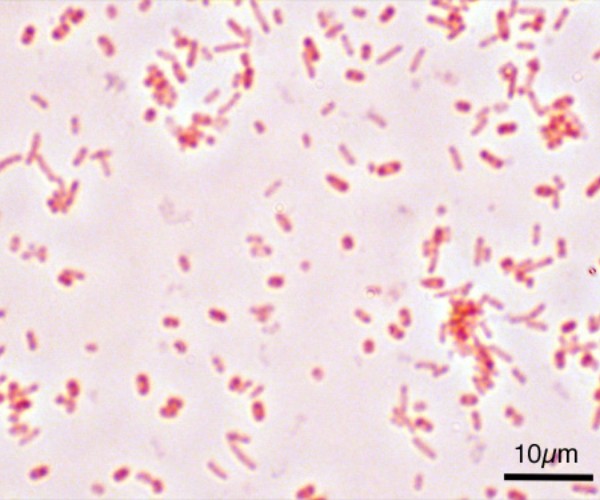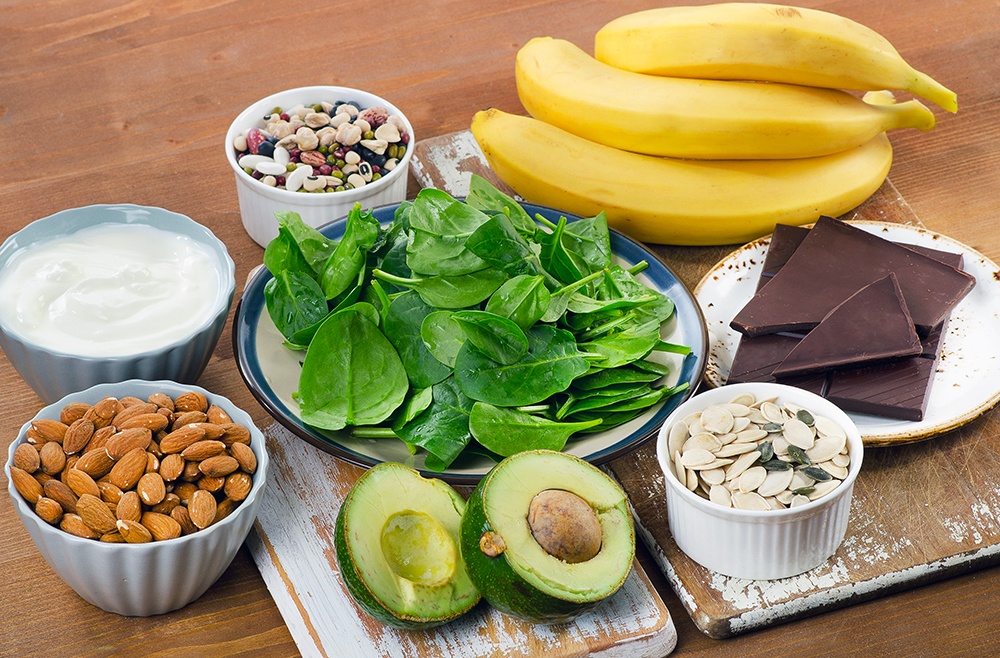Many of the foods we see on our table, especially those that are part of a healthy and balanced eating plan, can greatly benefit the health of our bodies and consequently the well-being of our bodies. In fact, some foods contain substances that are essential for our growth and have many beneficial activities: there are foods that are good for blood circulation, others that are good for the heart, good for the skin, and still others that are good for regulating intestinal activity and the immune system.
And it is in the latter two areas that postbiotics fit. Before seeing what it is specifically about, it is also worth mentioning the probiotics, such as Lactobacillus, good bacteria contained in foods such as yogurt that, once they reach the gut, exert a balancing action on the microflora; and the prebiotics, fibers that are found in vegetables or legumes and are not assimilable but promote the growth of useful bacteria already present in the gut, that is, they allow probiotics to proliferate. Finally, postbiotics are substances produced by the fermentation of probiotics.
The properties of postbiotics
Postbiotics are derived from the fermentation of milk with Lactobacillus Paracasei CBA L74, and are able to perform anti-inflammatory activity for our body and strengthen our immune defenses against the dangers of infectious agents and allergenic agents. There are a number of foods on the market today that contain postbiotic substances, but these are products intended more for the feeding of infants and children.
In the near future, however, we can foresee the arrival of new products intended for the adult population as well, which, in addition to strengthening the body’s defenses, will also intervene on allergies and immune system imbalances, with the important advantage of leading to a decrease in drug intake.
Fermented milk
A concrete example is fermented milk (which contains Lactobacillus L74 ), a popular food among mothers who choose it for the proper growth of their babies. In fact, according to a study done on 400 children from 12 to 48 months of age, fermented milk has been found to be a valuable food for stimulating the immune system by reducing by more than the 60% the number of respiratory and gastrointestinal infections in children who make a regular and controlled intake. The normal fermentation process that also affects other foods of the same kind, such as yogurt, was used to produce fermented milk. In fact, the milk was fermented with the human-derived probiotic (CBA L74) thus releasing the beneficial substances, namely postbiotics.





